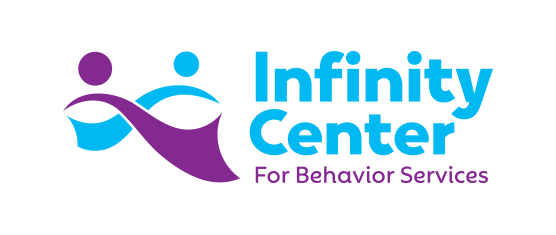FAQ
There are many resources online to learn more about autism. Pathfinders for Autism’s website is great resource to find out information and other events in your area.
Most insurances cover ABA services and diagnostic assessments. We accept the following health insurance carriers: Aetna, CareFirst Blue Cross Blue Shield, Cigna, Johns Hopkins Employer Health Plans, Johns Hopkins U.S. Family Health Plan, Medicaid, Tricare, and United Healthcare.
We collaborate with all other care providers to help ensure consistency for your child. We also welcome all care providers to attend the family/caregiver meetings where we work together to train everyone to use the same strategies for teaching that we use at the center.
Children come to the center Monday through Friday for four hours a day.
- The first step is to set up an initial intake assessment. During this assessment, you will meet with a Board Certified Behavior Analyst (BCBA) who will interview you about your child and do an assessment to determine what skills your child has.
- After the assessment, the BCBA will write a treatment plan and submit it to your insurance provider.
- After the treatment plan is approved with your provider, the BCBA will review it with you and then treatment can begin!
Remember you are not alone. We’re here to help. You can call the Infinity Center at 443.300.6362 or email us info@infinitycenteraba.org. We can walk you through your next steps.
- The first step is to talk to your pediatrician.
- You will then meet with our team who will set you up with our clinical psychologist for a diagnostic assessment.
- If your child receives a diagnosis we can help you navigate the next steps to finding appropriate therapy and treatment.
Autism is a spectrum disorder, which means that people can experience a wide range of autism symptoms and of varying severities. Not all adults or children with autism will have every symptom, and some adults and children without autism may display some of the same behaviors and symptoms. Some common symptoms include:
- Avoids or does not keep eye contact
- Does not respond to name by 9 months of age
- Does not show facial expressions like happy, sad, angry, and surprised by 9 months of age
- Does not play simple interactive games like pat-a-cake by 12 months of age
- Uses few or no gestures by 12 months of age (for example, does not wave goodbye)
- Does not share interests with others by 15 months of age (for example, shows you an object that they like)
- Does not point to show you something interesting by 18 months of age
- Does not notice when others are hurt or upset by 24 months of age
- Does not notice other children and join them in play by 36 months of age
- Does not pretend to be something else, like a teacher or superhero, during play by 48 months of age
- Does not sing, dance, or act for you by 60 months of age
Autism Resources
Helpful information about Autism


